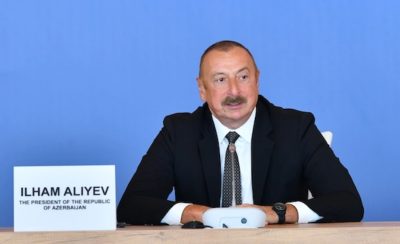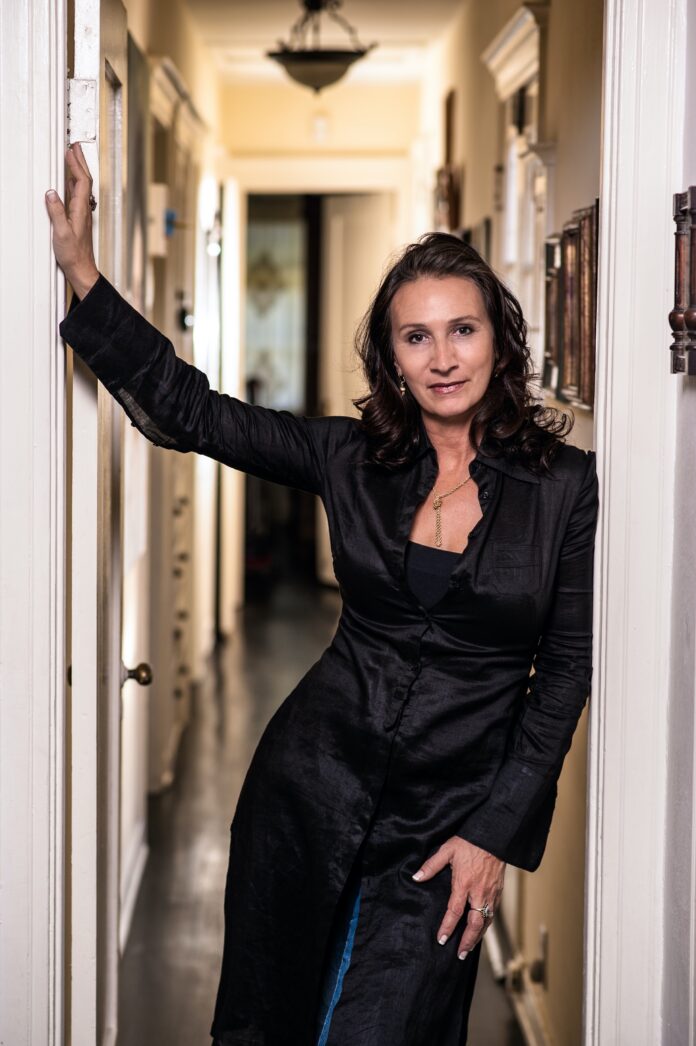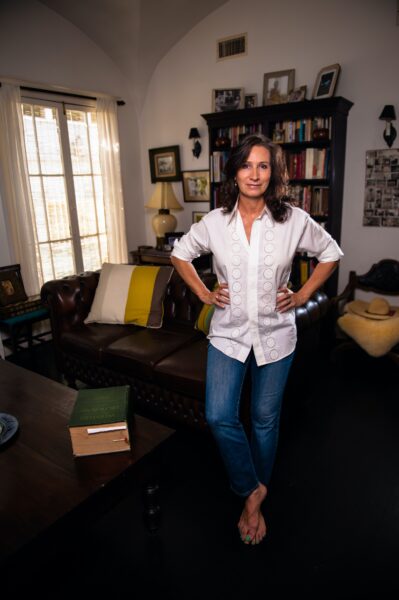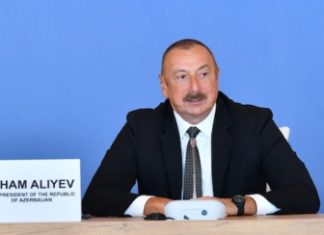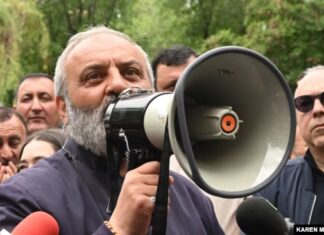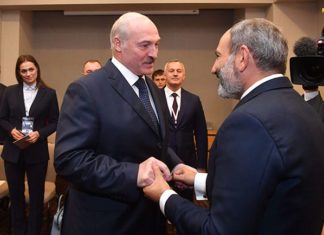YEREVAN / LOS ANGELES — Victoria Harwood Butler-Sloss is an Anglo-Armenian writer and actress. She was born in Devon, England in 1961 to an English father and Armenian mother. When she was 2, her family moved to Nicosia, Cyprus; then moved to London when she was 18. Here Victoria trained at the Royal Academy of Dramatic Art. Harwood started her career as a dancer, then in television and stage, working in theaters in London and Europe. After getting married she moved to Hollywood with her husband, producer William Butler-Sloss (1967-2018) and two sons, Arum and Roibhilin, where she continues to work in voice overs. Victoria acted in more than 20 TV series and films. In 2014, her diary about the 1974 war in Cyprus was exhibited and turned into a documentary called Cyprus Summer 1974. Harwood’s first book, published in 2018, is the first part of a trilogy beginning in the Ottoman Empire in 1895 and following four generations of women until the present day. Residing in Los Angeles, Victoria Harwood Butler-Sloss divides her time between the US and Cyprus.
Dear Victoria, we briefly met in London in 2005 during the Armenian Film Week. I was glad to meet a British actress with Armenian origin, who is interested in her mother’s culture. Do you speak any Armenian?
Yes, I do! Armenian was my first language along with English as I was living in Cyprus with my mother’s extended family when I was a baby. And then, something happened. I have actually written a story about it which will appear in a later book in the series. We moved to England when I was two and my mother continued to speak to us in Armenian at home until my brother started primary school. One day she was called in to school for a meeting and told that the teachers thought he was confused as he would skip between the two languages. They told her to stick to English at home. I remember the day she told me we would have to only speak English as my brother was confused. I asked what she meant and she explained. As a 4-year-old it was clear to me: “He knows what he’s saying. so maybe it’s the teachers that are confused not him?” Anyway, she dropped speaking to us in her mother tongue and consequently my Armenian is basic. I then went to classes in London with my father when I was in my 20s and we both learnt how to read and write as well.
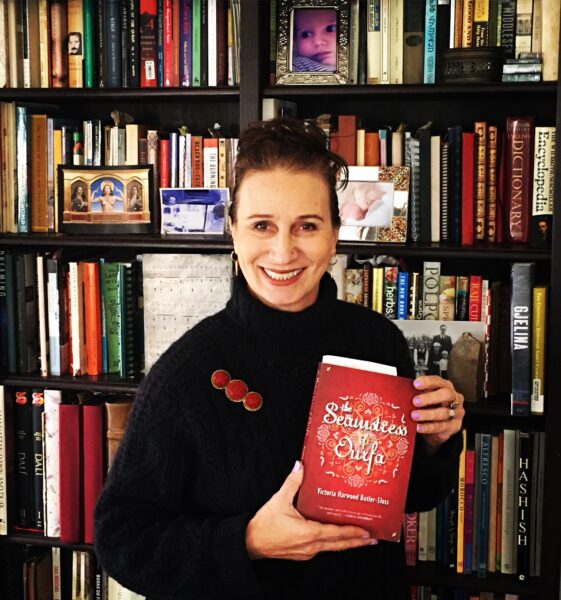
Where are your mother Takouhi Avakian’s roots from?
My great-great-grandmother Mertha Djindjil was an Assyrian from Mosul. She married Thoooma Khouri in Ourfa and had six children — my great-grandmother Khatoun was one. She married Iskender Agha Boghos and had four children, my grandmother Alice being the eldest. In 1922 the family were exiled to Aleppo, and my grandmother Alice met my grandfather Haygaz Avakian and married him. He came from Kharpert. My mother Takouhi and her sister Verginia were both born in Aleppo and the family moved to Cyprus in around 1938, where my mother later met my father… and then I was born! All of the people above are in the trilogy, so hopefully you will get to read all of their stories!
What do you have from your mother’s Armenian heritage?
